Nofima will collaborate with partners across the value chain to expedite innovation to support the sustainable growth of the aquaculture industry
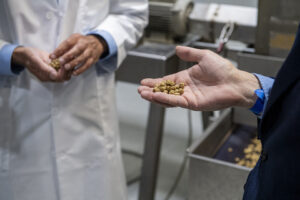
In August 2021, Nofima, the Norwegian institute for applied research within the fields of fisheries, aquaculture and food research, launched the Millennial Salmon Project — a four-year research initiative that involves multiple partners across the value chain. The collaborative project aims to create the most sustainable-farmed salmon using novel ingredients from the circular economy and with a low carbon footprint.
With a €1.3 million (U.S. $1.5 million) budget, the project is primarily funded by the Research Council of Norway and is made up of leading European organizations, including Nofima, InnovaFeed, Corbion Algae Ingredients, Cargill, SINTEF Ocean and Auchan.
“We are pleased to collaborate with leading organizations across the value chain,” said Katerina Kousoulaki, project leader and senior scientist at Nofima. “By joining forces, we are accelerating the innovation in the sector to find new solutions to increase the flexibility in the choice of sustainable raw materials for future fish feed.”
The project will study two alternative feed ingredients: a protein-rich, insect-based feed from InnovaFeed and algae-based omega-3 rich biomass from Corbion, both of which offer minimal land use.
The study will test the levels required to optimize the physical and nutritional needs of salmon, discover the practical and functional properties of both alternatives, as well as demonstrate the environmental and societal aspects of the suggested innovations. SINTEF Ocean will be conducting a life cycle analysis of the resulting Millennial Salmon feed.
https://www.aquaculturealliance.org/advocate/novonutrients-secures-funding-to-scale-up-microbial-meal-production/
The Millennial Salmon Project was established in response to the urgent need to accelerate the momentum around sourcing, scaling and developing sustainable, alternative solutions for aquaculture and to address changing consumer behavior. According to UN Food and Agriculture Organization (FAO) predictions, the world’s population will hit 9 billion people by 2050, and with its 5 percent-plus year-over-year production growth, aquaculture will play a pivotal role in guaranteeing global food security. To meet this growing demand, FAO is calling on the industry to produce more nutritious food using fewer resources, emitting lower carbon dioxide emissions and protecting biodiversity and the resilience of ecosystems.
The Millennial Salmon Project is taking on the challenge “by working to provide by 2025 an integrated solution to salmon farmers that balances the raw materials in the feed basket and provides greater flexibility from the use of finite marine resources and land-demanding resources.” It will create the roadmap for a new, knowledge-based and highly visible salmon value chain — “Millennial Salmon” — which will be a healthy product for the consumer, as well as a healthier farmed animal, fed and grown with higher levels of omega-3s derived from microalgae.
“This project is one critical piece to pave the way for a healthier and more sustainable salmon,” said Kousoulaki.
Follow the Advocate on Twitter @GAA_Advocate
Now that you've reached the end of the article ...
… please consider supporting GSA’s mission to advance responsible seafood practices through education, advocacy and third-party assurances. The Advocate aims to document the evolution of responsible seafood practices and share the expansive knowledge of our vast network of contributors.
By becoming a Global Seafood Alliance member, you’re ensuring that all of the pre-competitive work we do through member benefits, resources and events can continue. Individual membership costs just $50 a year.
Not a GSA member? Join us.
Author
-
Responsible Seafood Advocate
[103,114,111,46,100,111,111,102,97,101,115,108,97,98,111,108,103,64,114,111,116,105,100,101]
Tagged With
Related Posts
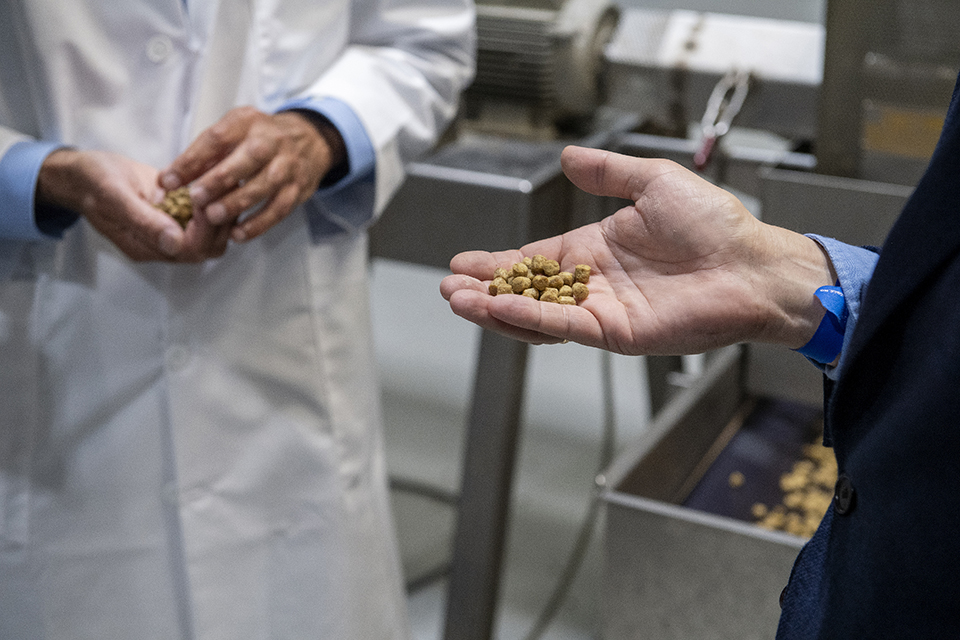
Aquafeeds
Nofima launches collaborative project to develop sustainable ingredients for farmed salmon
Nofima has launched the Millennial Salmon Project, a collaborative research initiative to develop sustainable ingredients for farmed salmon.
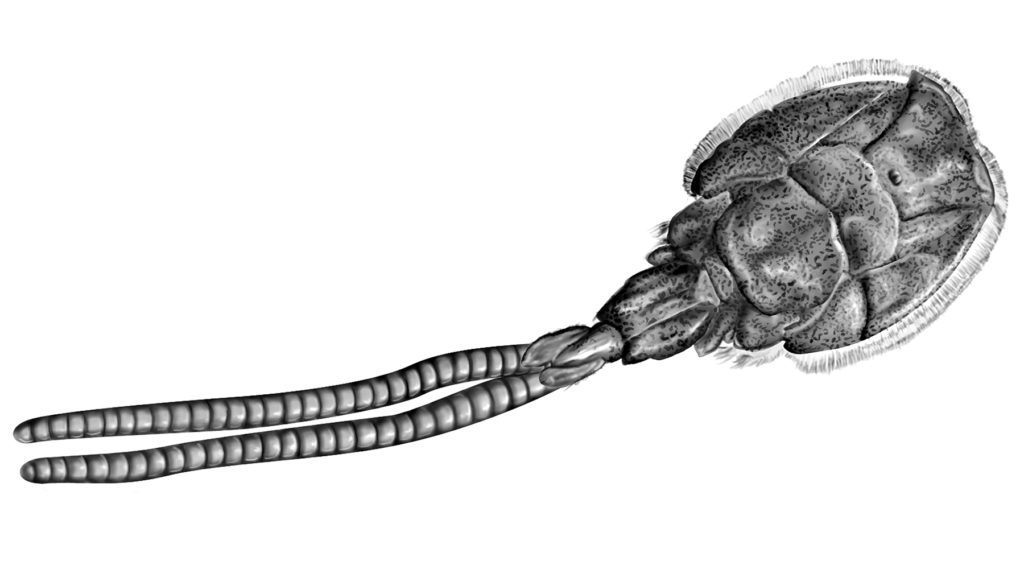
Health & Welfare
Animal health giants have sea lice in their crosshairs
Alltech and Benchmark have been working on the next generation of sea lice solutions and believe they have new products that can help salmon farmers win.
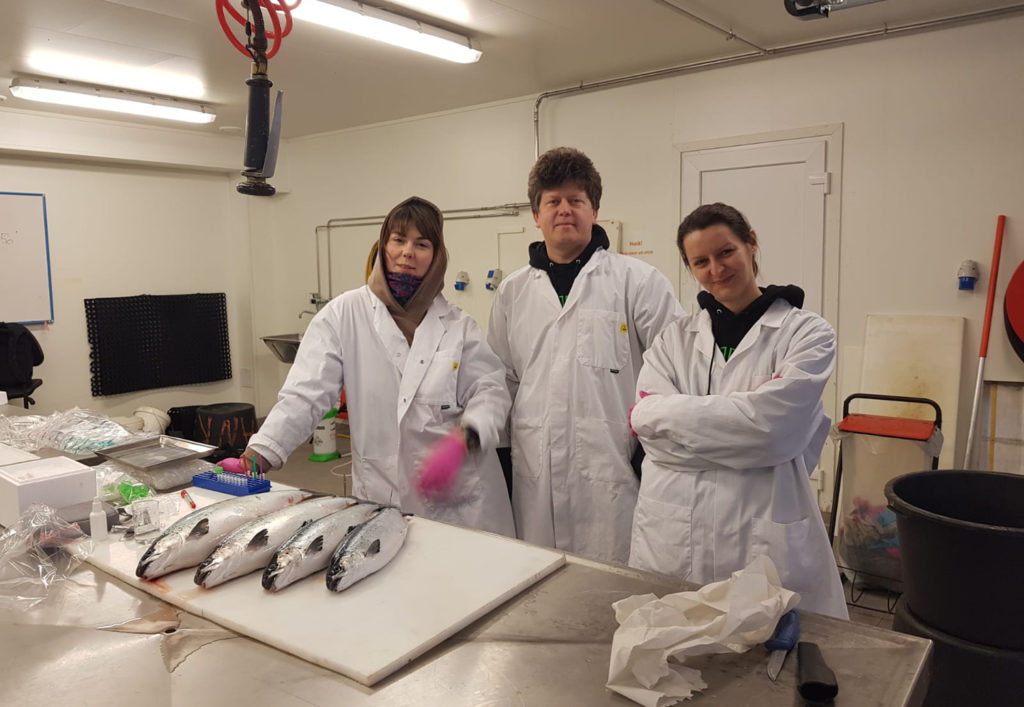
Health & Welfare
How can Norway defeat pancreatic disease in salmon? By detecting it faster.
Polish pathogen diagnostics group will soon launch a test system that can identify the costly pancreatic disease (and six others) in just 10 minutes.
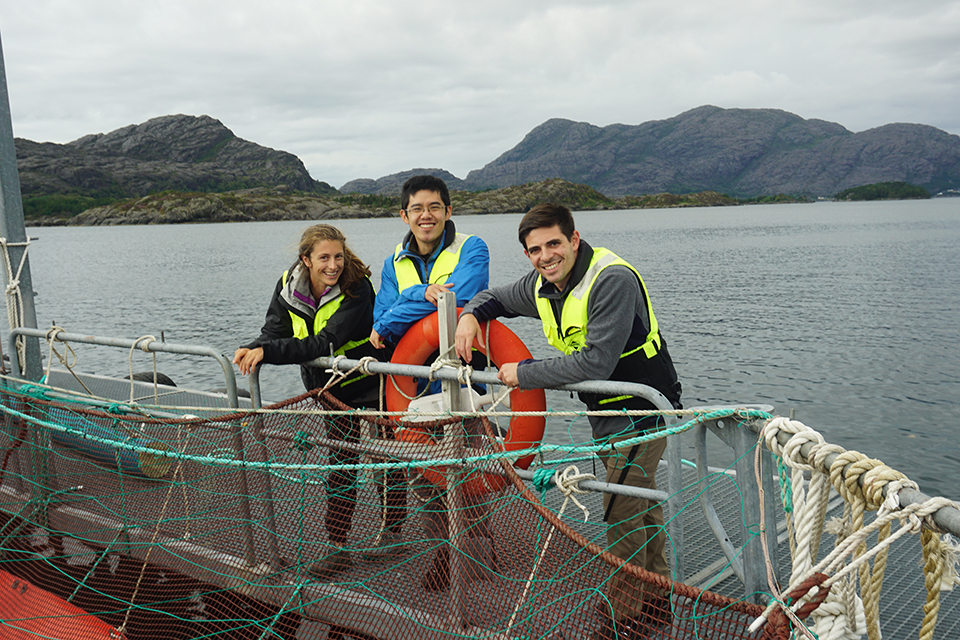
Innovation & Investment
Manolin begins automated disease alert system for salmon farmers
Norway-based software and data analytics firm Manolin launched a service to automatically alert farmers about nearby non-notifiable diseases.


